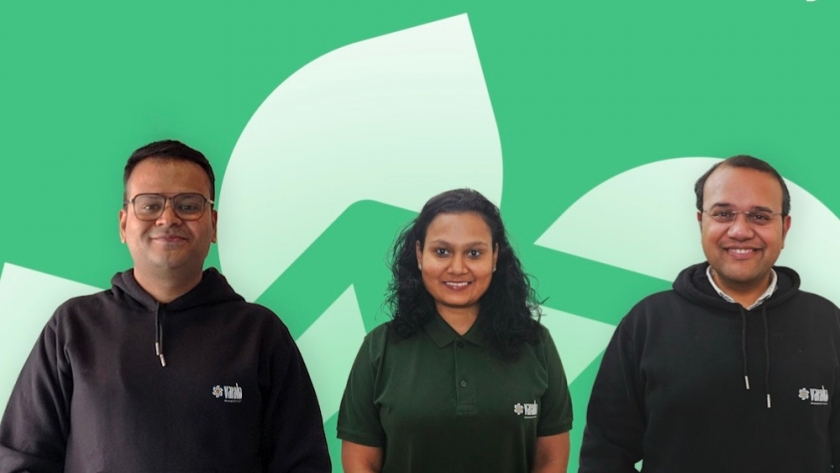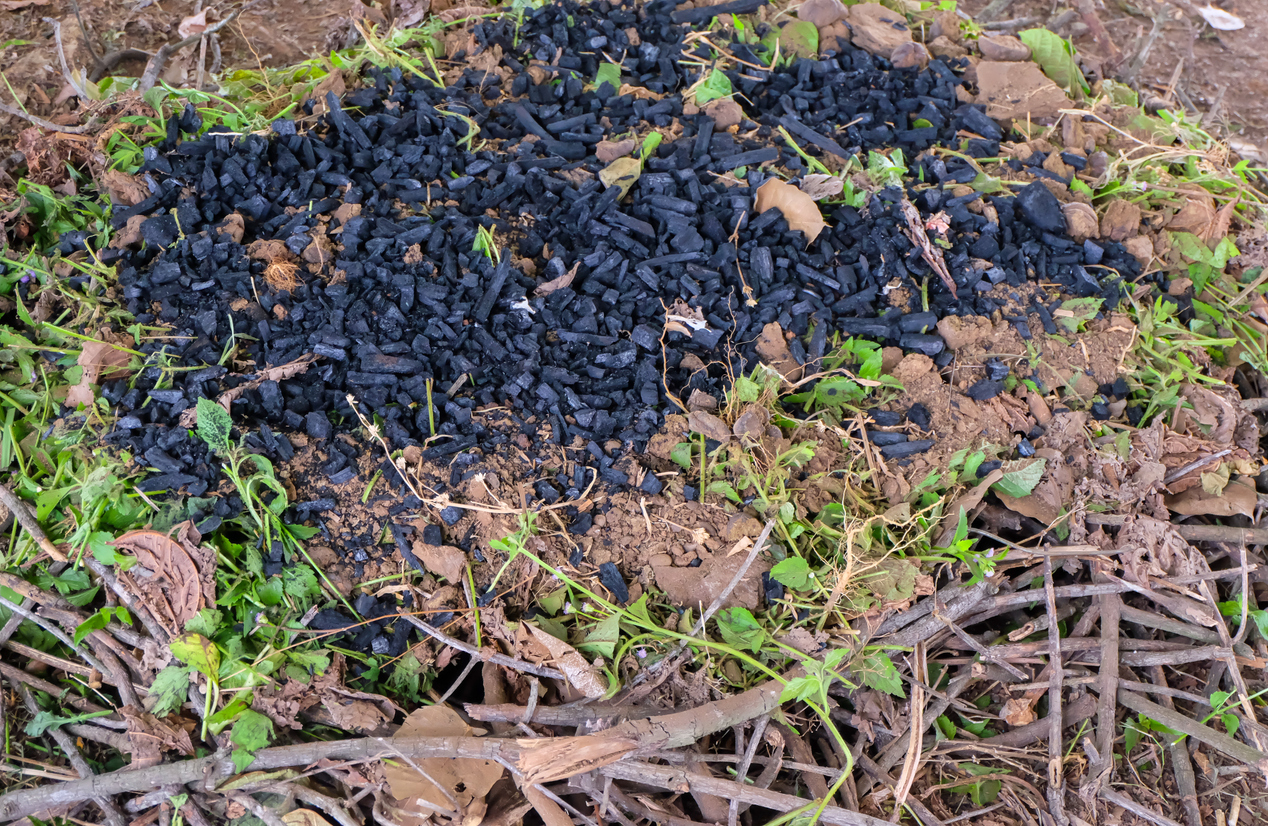
By Agroempresario.com
Varaha, a leading carbon project developer based in New Delhi, India, has signed what it calls the world’s largest carbon dioxide removal (CDR) offtake agreement for industrial biochar with Google. The deal, which involves the sale of 100,000 carbon credits, highlights a significant milestone in making smallholder farmers a key part of large-scale carbon removal projects.
The agreement demonstrates the growing demand for biochar as an agricultural input while showcasing smallholder farmers as essential partners in tackling climate change. According to Varaha’s cofounder and CEO Madhur Jain, this deal is not just about the size of the transaction but about showing that smallholder farmers can be integral to global carbon removal efforts. "It’s about doing carbon removal projects with a company that works directly with smallholder farmers, who face livelihood challenges daily," Jain explains.
Founded in 2022, Varaha operates nature-based carbon projects in Asia and Africa, including agroforestry, regenerative agriculture, and biochar initiatives. Through a mix of remote sensors and machine learning models, the company helps smallholder farmers transition to sustainable practices that boost crop yields, enhance biodiversity, and sequester carbon.

One of Varaha’s key projects is located in Gujarat, India, where the company uses the invasive plant species Prosopis Juliflora to generate biochar. The biomass from this species, which disrupts local biodiversity and grasslands, is converted into biochar, a carbon-rich material that is then returned to the soil as a soil amendment. Biochar is known for its ability to sequester carbon for millennia and improve soil quality.
Varaha uses its remote sensing technology to validate and monitor biomass activity and carbon credits generation. The company captures geo-tagged images of project activities using the Varaha mobile app, ensuring transparency and accurate documentation of the carbon credits generated.
This collaboration with Google is a pivotal moment in the nature-based solutions space. It underscores the importance of technology-driven carbon removal practices that benefit both the environment and smallholder farmers. According to AgFunder director of Asia, John Friedman, "Varaha’s integration of cutting-edge digital MRV with scalable carbon removal practices sets a new benchmark for transparency and impact in climate mitigation."
While the deal with Google is set to deliver the 100,000 credits by 2030, Jain notes that this is just the beginning. Google's growing demand for carbon credits could lead to mu
